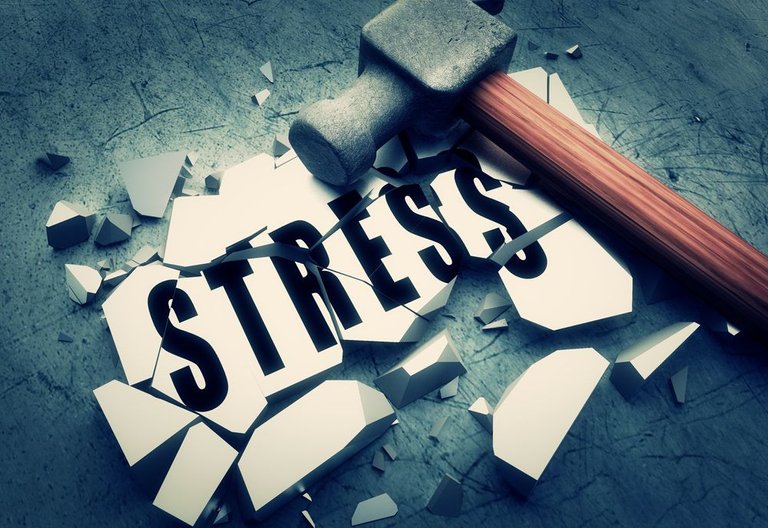Stress is a normal part of life and can even be beneficial in small doses, as it can help to motivate and energize us. However, when stress becomes chronic, it can have negative effects on our physical and mental health. It can lead to problems such as headaches, insomnia, and a weakened immune system, as well as feelings of anxiety and depression.
There are many different ways to reduce the effects of stress, and the right approach will depend on the individual and the specific cause of their stress. Physical activity can help to reduce stress by releasing endorphins, which are chemicals in the brain that act as natural painkillers and mood elevators. Exercise can also help to reduce feelings of anxiety and depression, and it can improve sleep.
A well-balanced diet that is rich in fruits, vegetables, and whole grains can help to reduce stress by providing the nutrients that our bodies need to function properly. Avoiding processed and sugary foods can also be beneficial, as they can contribute to feelings of anxiety and depression. Lack of sleep can contribute to stress, and being stressed can also make it more difficult to fall asleep. Aim for 7-9 hours of sleep per night, and create a relaxing bedtime routine to help you wind down.
There are many different relaxation techniques that can be helpful for reducing stress, including deep breathing, meditation, and progressive muscle relaxation. Experiment with different techniques to see what works best for you.
It's important to make time for activities that you enjoy and that help you to relax. This can include hobbies, spending time with friends and family, or simply taking a walk in nature.
It can be helpful to talk to someone about your stress, whether it's a trusted friend or family member, a therapist, or a support group. Sharing your feelings and getting support from others can help to reduce stress and improve your overall well-being.
One of the most effective ways to reduce stress is to identify the things that are causing it and to find ways to manage or eliminate them. This may involve setting boundaries, delegating tasks, or finding ways to better manage your time. Mindfulness is the practice of bringing your attention to the present moment and accepting it without judgment. It can be helpful for reducing stress by helping you to focus on the present rather than worrying about the past or future.
Reducing stress takes time and effort, but it can have significant benefits for your physical and mental health. It's important to find what works best for you and to be consistent in your efforts. Remember to also be kind to yourself and to allow for rest and relaxation.
